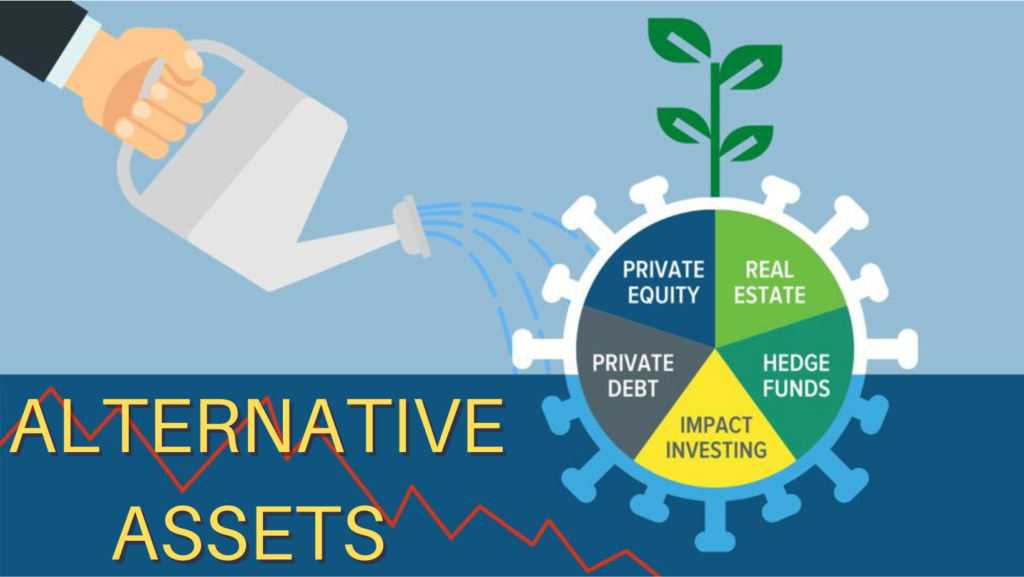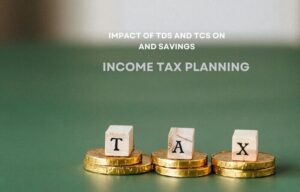How Alternative Assets Can Stabilize Your Portfolio

Market volatility has been a recent topic of speculation since the emergence of covid-19 and its subsequent variants. While the virus might be the most recent example of market fluctuation, it won’t be the last. For individuals looking to stabilize their portfolios, thereby reducing the impact of volatility, there has never been a better time to diversify their portfolios with alternative assets. Alternative assets have become an attractive investment to modern investors because of their ability to remain steady in times of economic turbulence. When these investments are properly incorporated, they can stabilize and compliment an existing portfolio.
Alternative assets have become increasingly popular over the last 25 years. In pension funds alone we have seen alternative assets grow to occupy over 25% of the global pension portfolios. To keep it simple changes such as this developed because of a need for assets that were not tied to traditional markets like stocks and bonds. Though traditional investments remain an essential part of an investment portfolio they are susceptible to risks like inflation to a larger degree than an investment such as real estate. In addition to providing stability, there are a number of advantages that come with these types of investments.
Looking at real estate for example, there are a number of tax advantages to investing in real estate that can help lower your overall tax burden at the end of the year. Whether investing in commercial, residential, or a Real Estate Investment Trust, REIT, they can all be leveraged for similar benefits. Options like a 1031 exchange, allows an investor to exchange their investment property for another like-kind investment property of equal or greater value, and defer the capital gains tax at the time of the sale. Leveraging a 1031 can allow an investor to scale up their real estate portfolio over time and avoid paying capital gains until they eventually decide to liquidate their holdings. Until such a time there are other ways to lessen their tax burden year after year. Investors who hold real estate properties are able to claim a pass-through deduction on their taxes which effectively allows them to deduct 20% of their business income from their income taxes so long as it passes its tax liability onto the business owner. Hence the term “pass through deduction”. Though real estate holdings have an association with actually holding the title to the property in hand there are ways of getting these benefits without actually managing the property yourself. Real Estate Investment Funds,REITs, provide investors with much of the same tax benefits but do not require them to actually own or manage properties. In fact, income generated from an REIT qualifies for pass-through deduction, meaning investors do not actually need to own the property in order to receive the same benefits. When managed correctly these assets can not only create a diversified portfolio but also defer taxes to help you keep more of your profits in the long run.
Another lucrative asset to consider are Private equity funds. Private equity, like all other alternative assets, has created opportunities for investors to capture market earnings outside of public investments, making them a viable option for diversification. As of 2019 roughly $3.9trillion of assets were held in private equity, a number that grew 12% from the year before. With so much invested in private equity these firms have become incredibly attractive to investors offering distributions in the form of cash rather than the dividends we would see from publicly traded companies leaving the investor with more flexibility on what to do with their capital in the long run. Additionally, another crucial benefit is that private equity typically creates higher returns than investing in publicly traded companies, with one study finding that private equity has out performed public equity holdings by 4% over the last 20 years.
During times of high inflation many investors choose to invest in commodities as a way of protecting their purchasing power. As the value of the American dollar falls, purchasing power is reduced meaning gains on traditional investments diminishes, and the price of commodities increases. For those who already hold commodities in their portfolio they are able to take advantage of these swings by selling off their holdings for above-average returns. Like other alternative assets, commodities carry a low to negative correlation to traditional asset classes. While certain commodities are essentially a bet against inflation there are lower risk assets that can be invested in to provide high returns during times of uncertainty. It is important to choose these assets carefully with the guidance of a qualified professional.
As opportunities to invest in alternative assets continue to grow it is important to select these investments with care. Be sure to talk to your advisor about what options might be right to help build a stable portfolio for your future.

Pranab Bhandari is an Editor of the Financial Blog “Financebuzz”. Apart from writing informative financial articles for his blog, he is a regular contributor to many national and international publications namely Tweak Your Biz, Growth Rocks ETC.






